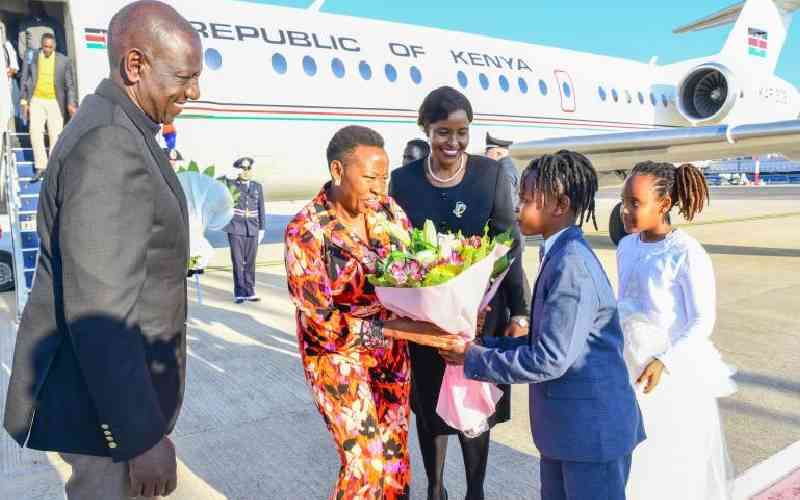×
The Standard e-Paper
Kenya’s Boldest Voice

Kenya's top executives spent more than Sh800 million in foreign and domestic travel in the second half of last year even as the government talked tough on the need to cut unnecessary expenditure in the public sector.
Data from the latest report from the Controller of Budget indicates that the executive offices of the President, Deputy President and that of the Prime Cabinet Secretary spent Sh820 million cumulatively in travel in the six months ended December 2023.